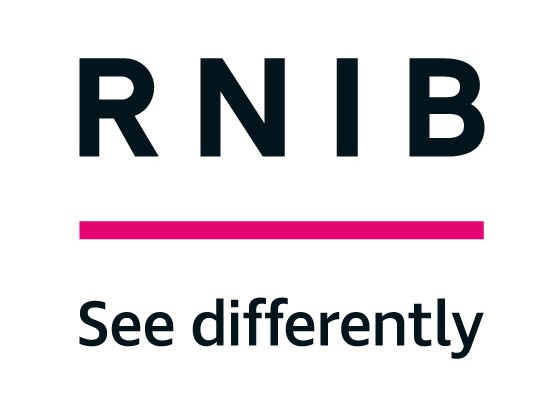British businesses took on the cost of the Government’s national insurance (NI) rise in April, with employer contributions jumping from £40,892 in March to £44,885 in April, according to PayFit data.
Analysis of over 600 small and medium-sized enterprises (SMEs) showed that by May, employer NI costs dropped back to £40,500.
The data showed businesses acted fast to handle the increase, rather than locking in higher costs or passing them onto staff.
Marie-Alice Tantardini, chief people and fulfilment officer at PayFit, said: “Our analysis suggests businesses aren’t just accepting higher costs – they’re adapting to them.
“Salary sacrifice is one clear option, as it helps to lower NI contributions while still benefiting employees.
“Some companies may also be reshaping benefits, introducing tax-efficient perks like cycle-to-work schemes or EV incentives, while others might be refining workforce structures to balance costs without impacting salaries.”
Figures from PayFit also showed average per-company benefit payments rose from £2,861 in January and £2,798 in February to £3,095 in April and £3,407 in May.
March saw a spike to £6,853, likely due to end of financial year adjustments.
Additionally, PayFit also surveyed 2,000 UK workers and found less than half (49%) said they could explain how NI is calculated.
Just 22% said they could explain salary sacrifice, and only 17% felt confident explaining taxable benefits.
More than one in four (28%) said poor compensation or benefits would damage their trust in their employer.
Alix Berthier, director global admin, payroll and labour relations at PayFit, said: “When people feel more in control of their finances, they tend to be happier and more engaged at work.
“And when it’s done using salary sacrifice, employers can benefit from reduced NI contributions – particularly important given the recent legislation changes.”

















